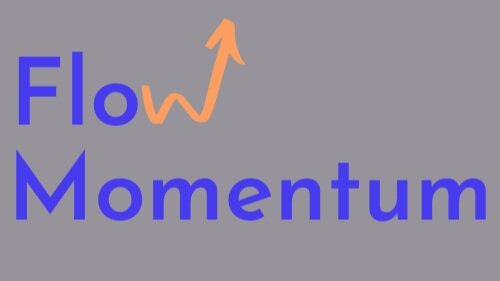Emotional Intelligence: Maneuver through Chaos
As a leader and change agent in the human resources and coaching fields, I have a bird’s eye view of the impact that COVID-19, racial tensions, riots, and other current events have had on individuals in the workplace and in their personal lives. Tension and stress have soared, and peace has plummeted. It’s not unusual to hear, “How on earth did we get here as a society?”
Well, the answer to that question is probably not going to fit into a blog, and quite honestly, who wants another story about doom and gloom? How would you like some positive encouragement instead? You can find a source of steadiness, starting today, through a skill that you have the power to control: emotional intelligence.
Emotional intelligence means that you have a level of awareness about who you are and what’s going on around you while being able to manage your emotions to achieve successful in the midst of it all. In other words, you’re able to understand what you and others are feeling and respond in a way that will yield positive results. Emotional intelligence is often considered the magic behind effective leaders. There are tons of resources today that measure and explore how we can take advantage of this skillset. Emotional intelligence encompasses:
Self-Awareness: How well do you know yourself and how you experience emotions? Individuals with high self-awareness generally know what pushes their buttons as well as what gets them excited. Individuals with low self-awareness are less in touch with how they feel and why.
Self-Regulation: How do you manage your emotions to produce the desired impact? There’s a place and time for anger as well as excitement, so how do you ensure the ways you channel these emotions are appropriate for the circumstances? Individuals with high self-regulation can calm themselves to ensure that they can still listen and carry on a conversation to settle strong differences in opinion. They can also bring down their excitement to an energy level that helps them to stay focused on the task at hand. Individuals with low self-regulation find themselves on an unpredictable train ride of emotions which can leave quite the destruction on its tracks.
Social-Awareness: How well do you read the room and recognize the social cues of others? How do you know when someone is hurting or when someone is celebrating? Individuals with high social-awareness almost immediately read the emotions of others, such as someone’s facial expressions because he or she did not receive the promotion they wanted. Individuals with low self-awareness seem to operate in a silo, oblivious to the feelings of others.
Social-Regulation: How do you express yourself, knowing the social climate? Individuals with high social-regulation contain their excitement about their personal wins and offer assistance when they see someone else struggling. Individuals with low self-regulation may seem like they are from another planet - bragging about their own accomplishment or agenda when the team is falling behind, or cracking jokes when the mood of the group is somber because of bad news.
Motivation: How motivated are you to manage your emotions effectively? Individuals with low motivation are generally not bothered when they do not fit into group conversations or when they receive constructive feedback about their own performance and behaviors. Individuals with high motivation, on the other hand, are uncomfortable with such experiences, and they use such feedback to fuel their growth toward improving their skills.
Now that you understand what makes up emotional intelligence, let’s explore the benefits of such skills: What would it look like for a person to truly excel in all of these areas? How would your approach to your day and interactions with others look different than it does right now? What results could you achieve? What would our families, businesses and society be able to accomplish if we all worked on a little bit of emotional intelligence each day?
The good news is that emotional intelligence is a skillset, which means that we can put a plan in place to master the areas we want to improve. Take a moment to consider how you might rate yourself on each of the components of emotional intelligence (perhaps a scale of 1-10, with 1 meaning “not where I want to be,” and 10 meaning “satisfied with my skills in this area”). Dig even deeper by asking a friend, family member, or colleague to also rate your emotional intelligence on these areas. Then, compare your feedback to pick a single area to prioritize. Jot down a couple of steps you will implement consistently over the next several days or weeks to increase your skills in that area. Be sure to identify up front what success looks like, so you can celebrate along the way, and ask your friends for input periodically to see if your steps are paying off.
When you choose to take control of your emotions, you can directly and positively influence the people and the results you want to achieve without allowing circumstances to knock you off course.
Flow Momentum Coaching and Consulting, LLC offers assessments and coaching to measure your emotional intelligence as well as empower you to create your own strategy toward mastering theses skills. Find out whether an assessment can make a difference toward your professional goals by clicking the button below to schedule a free 20-minute chat.

